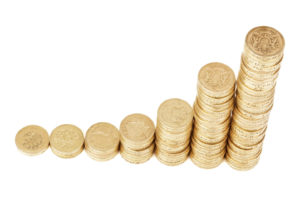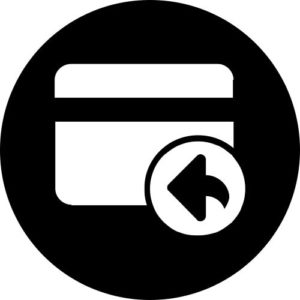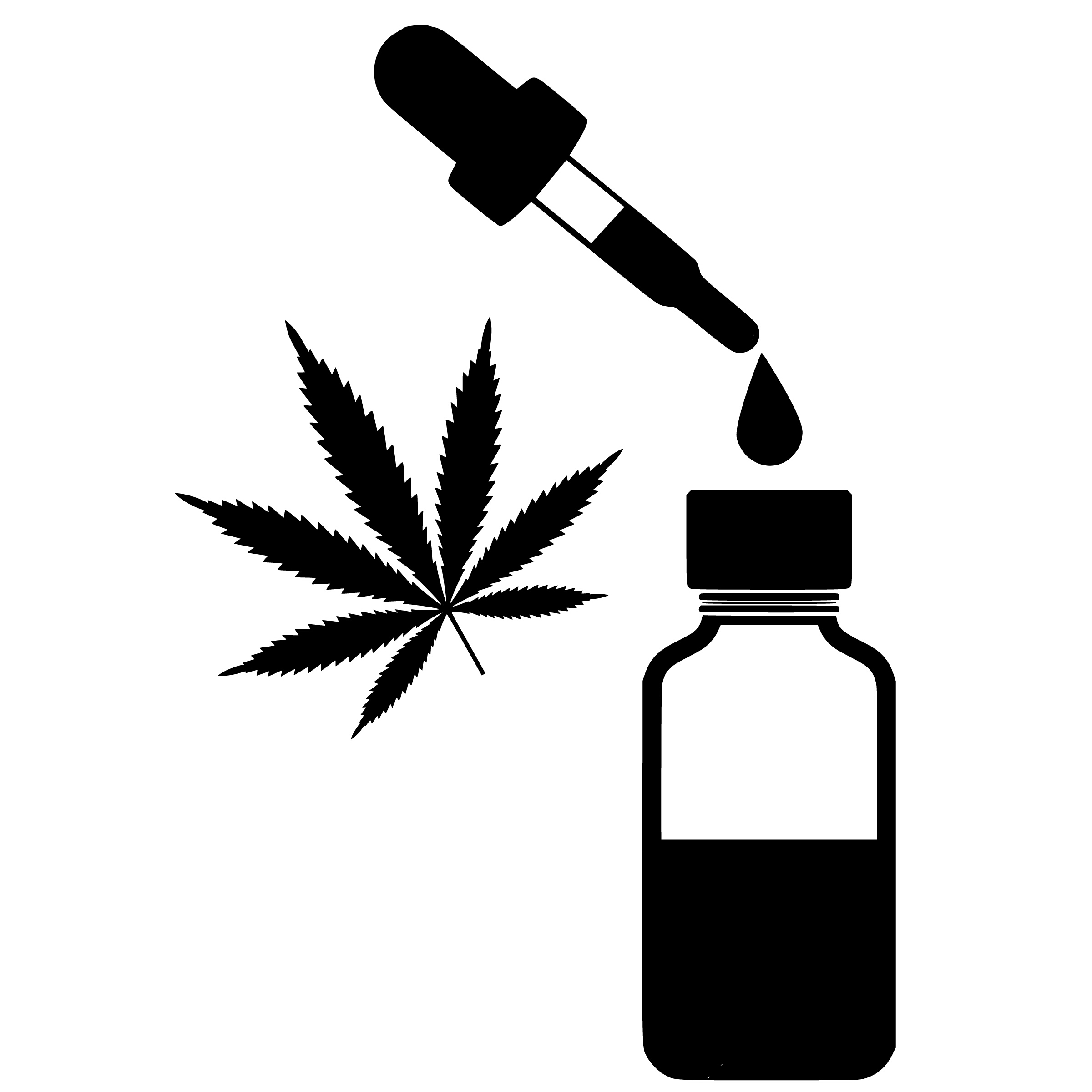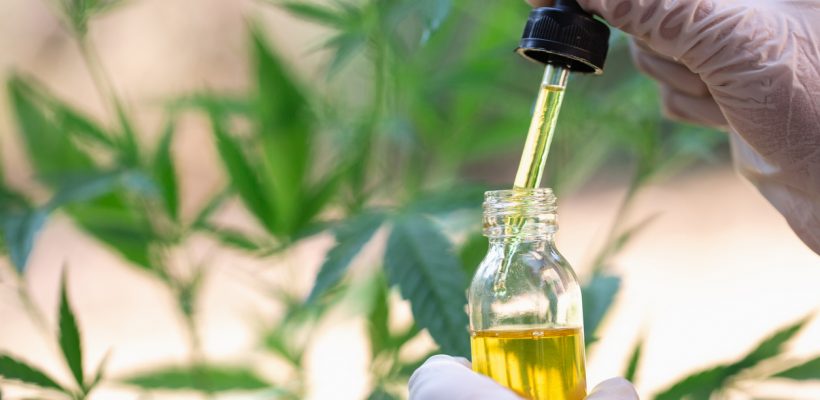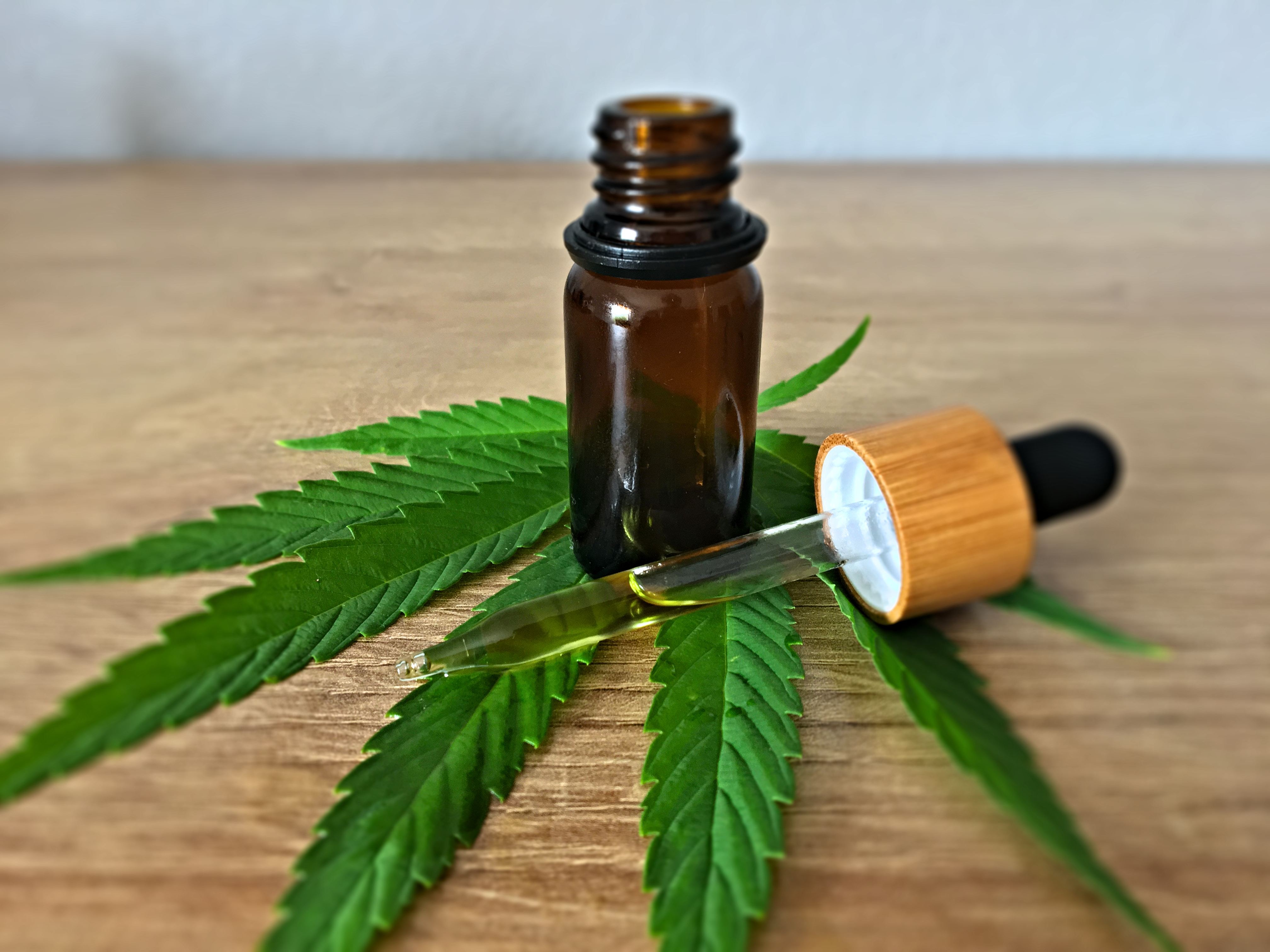House passes SAFE Banking Act of 2019, offering support and protection with banking and processing for CBD Merchants
The U.S. House of Representatives passed H.R. 1595, known as the Secure And Fair Enforcement (SAFE) Banking Act, on Wednesday (Sept. 25). This bill was to allow and encourage federally-insured banks to work with cannabis shops in states that have legalized marijuana, as well as all Hemp and CBD related businesses that were legalized under the Farm Bill of 2018. The bill also prohibits federal regulators from terminating or limiting deposit insurance – which discouraged banks from offering financial services to cannabis or hemp businesses – and bars them from incentivizing or encouraging a bank to close accounts on the sole reason that a person is affiliated with a cannabis or hemp business.
The bill was sponsored by Congressmen Ed Perlmutter of Colorado, Denny Heck of Washington, Steve Stivers of Ohio, and Warren Davidson of Ohio, all members of the House Financial Services Committee. The legislation aims to ensure that state-authorized and regulated cannabis businesses are not forced to operate with cash only.
The SAFE Banking Act passed the House by a vote of 321-103 and now moves on to the U.S. Senate and still must be debated in the Republican-controlled Senate, where it could be amended. And it’s unclear if President Donald Trump would sign any version that reaches his desk.
Committee Chairwoman Maxine Waters of California voiced her support of the legislation, as well as calling for the House Judiciary Committee to advance legislation to address the criminalization of marijuana.
“This bipartisan bill addresses a pressing public safety issue for businesses that legally grow, market or sell cannabis in states that have legalized its use and that are currently forced to operate with cash only. 47 states, 3 territories, and D.C. have legalized some form of marijuana, and it is time for Congress to act,” she said. “Cannabis-related businesses are locked out of the banking system, and cannot maintain checking accounts, process payroll obligations, or pay taxes. The Financial Services Committee heard testimony in February that these cash-only businesses and their employees have become targets for violent criminals.”
She added that “the SAFE Banking Act addresses this serious problem by providing a safe harbor to financial institutions that choose to serve state-regulated cannabis businesses. The bill would also help others, like plumbers or electricians, who provide services to cannabis businesses but face similar challenges with access to banking services. With the passage of this bill, all of these businesses will gain access to traditional financial services that most businesses take for granted.”
Blocked from Banking
Banking access continues to be a hurdle for the cannabis industry.
Most cannabis entrepreneurs say they have at least limited access to banking services. But without big banks on board, they can’t accept credit cards from customers and they struggle to access traditional business loans that could help their businesses grow.
That limited access to banking also forces cannabis shops to operate in cash, something that makes them targets for crime and hinders tax collection. The cash-and-carry nature of the cannabis industry also makes it ripe for money laundering — the very accusation that’s kept big banks away.
Federal Fix Advances
Those issues could change if the SAFE Banking Act becomes law.
The bill doesn’t require banks to serve the marijuana industry. Instead, it says federal authorities can’t cut off deposit insurance or “take any other adverse action” against a bank just because it serves cannabis businesses and ancillary operations in states or American Indian territories that have legalized the industry.
It was spoken clearly when we voted to legalize adult use of cannabis, but existing federal regulations have created confusion for financial institutions and legal cannabis businesses in our state,” Porter said. “The small banks, investors, and entrepreneurs working in the legal cannabis industry deserve the level playing field the SAFE Banking Act provides.”
Major banking groups, including the American Bankers Association, wrote letters urging House members to approve the SAFE Banking Act.
“Although we do not take a position on the legalization of marijuana, our members are committed to serving the financial needs of their communities – including those that have voted to legalize cannabis,” they wrote.
A key question is whether financial institutions actually will take advantage of the new law. If banks continue to shy away from cannabis customers because marijuana remains federally illegal, California policymakers said they might pursue state solutions in the coming legislative session.
Have you heard of the Hemp CBD Product Scoreboard? If you run a CBD business you need to know.
Thinking about joining the CBD community?
It doesn’t matter if you are a company ready to process and provide a product, or a consumer looking to not only reap the benefits but educate yourself on CBD, there is a lot to know about the industry. The CFS (Center for Food Safety) has stepped in to help people succeed, creating 4 categories in which to grade a Hemp CBD product; Production, Processing, Testing, and Transparency.
Production
Processing
Testing
Transparency
In this category, you as a business can score 25 points. When it comes to the farming practices the more geared to regenerative farming techniques you are the better. Like with any other supplement organic is the way to go!
5 points can be given in this category. All points are yours if you used CO2 or lipid extraction in your processing method, organic- non-GMO ethanol or alcohol as well. Points are cut in half if you use both CO2 extraction and ethanol extraction not specified as organic- non-GMO ethanol. Kiss your points away if ethanol extraction not specified as organic non-GMO ethanol is your processing method!
To score all 30 points in the category regular and independent testing of ingredients and finished products need to be done. Testing for pesticides, microbiological contaminants, heavy metals, efficacy, and also following Good Management Practices are all recommended.
40 points are on the table in this category. This was all based on how easy it was to learn about a companies product. This is through the website, over the phone, via mail. Companies also need to back up all claims with independent testing and certifications.
In total 100 points could be earned. If a company earned 90-100 points they received an A; 80-89 points received a B; 70-79 points received a C; 60-69 points received a D,and 0- 59 points received an F.
Why CBD merchants are turning to Shopify for their hosting
Shopify has just announced that CBD sellers can now build a store on their platform using their Marketing tools, and other apps that deal with Inventory and logistics as well as several features that are being released specifically for CBD and Hemp sellers.
The move is no surprise, as the CBD industry’s market is expected to reach $20 billion by 2024.
“Shopify has unmatched expertise in emerging industries, along with the resources merchants need to be successful in the fast-growing market of hemp-derived CBD products in the U.S.,” chief operating officer Harley Finkelstein said in the announcement. “Shopify’s reliable technology and extensive partner network means that businesses can ride the wave of demand for these products and give consumers more choice.”
Shopify will not be individually inspecting Hemp and CBD related businesses, but instead will investigate reports and take action where needed for violations of AUP. Shopify recommends that every business owner consult with an attorney before selling these products on Shopify to make sure they are within the regulations that are put forward.
Padelford said Shopify worked with brands like Cannuka (which has been on the platform since 2017) to figure out what these companies’ needs were in terms of creating a store or marketing.
“You had a lot of folks out there who wanted to create online stores, but there’s never a platform that could support what they wanted to do,” Padelford said. “What we are doing is showing up now as Shopify [and saying] the same thing you watched fashion retailers get access to, you can have as well, and create the same direct-to-consumer, highly personalized experiences with the unique attributes. The nuance isn’t that Shopify is getting into CBD; CBD is getting into retail.”
Although they are able to take advantage of Shopify’s other features, CBD and Hemp businesses will not be considered for the Shopify payment platform, and must go through a third party for their merchant processing. There are multiple options right now for online and Brick and mortar CBD businesses, for more info check out Four Ways to process payments with a CBD business
CBD industry growth and Merchant banks
Hemp firms raised more than $230 million in the first five months of the year, according to data included in Investment Opportunity Assessment: U.S. Hemp. Hemp CBD is one of the fastest–growing markets in a generation with sales projected to reach into the billions. The Hemp Business Journal has predicted that the market for CBD will grow from $390 million in 2018 to approximately $1.3 billion by 2022.
Despite this massive boom in the industry and lawmakers decision to make CBD federally legal under the 2018 Farm Bill, banks and corporations are still hesitant to open their arms to CBD businesses which has taken a huge toll on small farmers and business owners who wish to embrace this growing industry.
The ABA said there has been little to no clear direction on distinguishing legal hemp and federally illegal marijuana, leaving banks uncertain about the legality of working with hemp and CBD businesses.
“Banks want to serve their communities and support their local economies but need clear, unequivocal assurance from their regulators that hemp is distinguishable from cannabis, and that serving the industry will not expose them to criminal and civil liability, or regulatory censure,” the association noted in a letter to US financial regulatory agencies.
So it seems clear that despite lawmakers passing the 2018 Farm Bill deeming Hemp and CBD federally legal, and have since made moves to clarify this, the businesses are not getting the support they need from the banks and Merchant Service providers.
But, as always, there is hope and a few providers have stuck around to service these companies. to learn more, read “Four ways CBD business can get merchant processing”.
If you have any more questions about CBD Merchant processing Contact us!
Calling all CBD merchants! Stop struggling to find Merchant processing. There are 4 ways to process payments for a CBD business.
Whether you have a new CBD business, you’re trying to increase volume on your existing business, or you’re one of the unfortunate many that got hit with the Elavon closures earlier this year it can be tough finding ways to process payments with your CBD business. Luckily, there are still four ways that you can get these types of accounts.
In December the 2018 Farm Bill got signed into law. This made marijuana plants and products derived from them federally legal as long as they contain less than 0.3% THC. This news excited everyone in the medical marijuana world as it opened up so many new avenues for CBD products to be manufactured and sold. However, there is still a certain amount of uncertainty and caution causing most industries to remain still. Most American companies and Social media giants are waiting to see the written government regulations that will govern the bill before opening their doors to CBD brands and so these companies have remained banned from essentially all Social media sites, search engines, and payment processing accounts while the regulations are put into place.
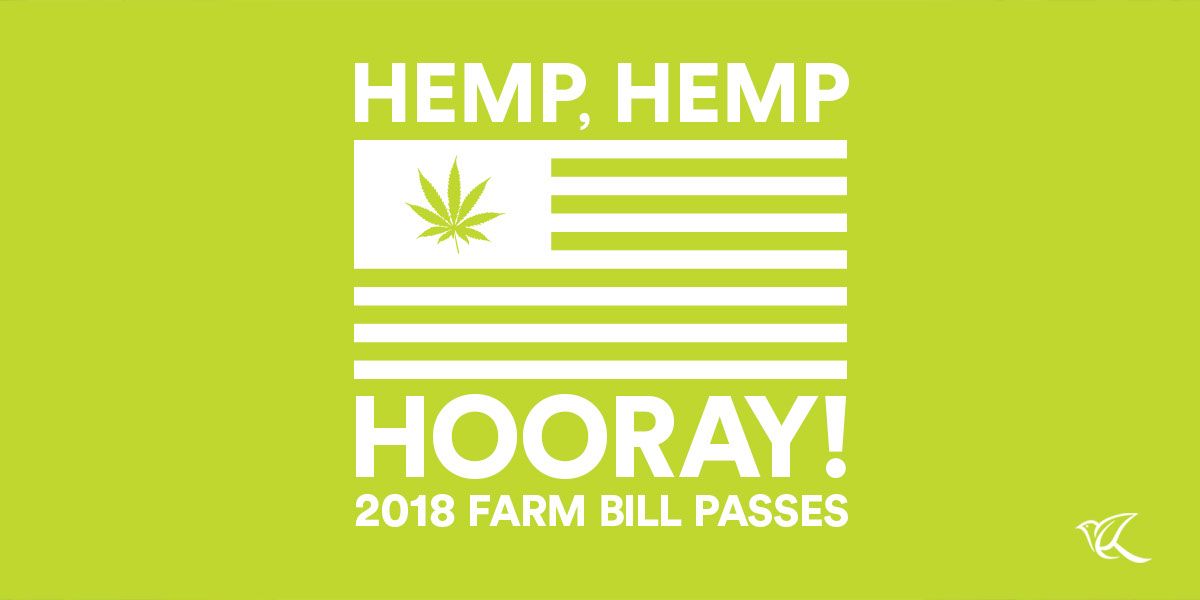
There are four main processing options for CBD brands
1. Domestic Credit Card Processing
This is what everyone wants, and what Elavon provided, and only one remaining bank now provides.
2. Domestic E-Check
Domestic e-check solutions are available to brands of any size. This alternative payment method doesn’t rely on banks and has been largely unaffected by recent changes. While e-check percentage rates are generally lower than international processors, they’re accompanied by additional monthly charges and setup fees.
3. Offshore Credit Card Processing
This option is available to brands of most sizes, primarily in the EU, where CBD regulation has been quite loose. In recent weeks, however, things have tightened. MasterCard is now requiring that, in order to process MasterCard payments through an EU merchant, a company must actually have an EU address. Visa is expected to adopt this policy by the end of the year.
4. Payment Terminals
If you’re swiping credit cards on location, then you may be in luck, as there are some credit card payment terminal providers who are still in the game. This is what the dispensaries use. It puts the money from the swiped card into your bank account.
By 2025, 10% of U.S. adults may be using CBD, creating a potentially $16 billion market of 25 million consumers. The industry is booming and will continue to evolve rapidly. This means there’s always help out there for those wishing to start a CBD business or expand their current one, and the possibilites for getting merchant accounts, and fullfillment are going to expand even more in the future.

